Vicks Vaporub For Acne: Does It Work?
The therapeutic properties of this common ointment work wonders on your pimples.
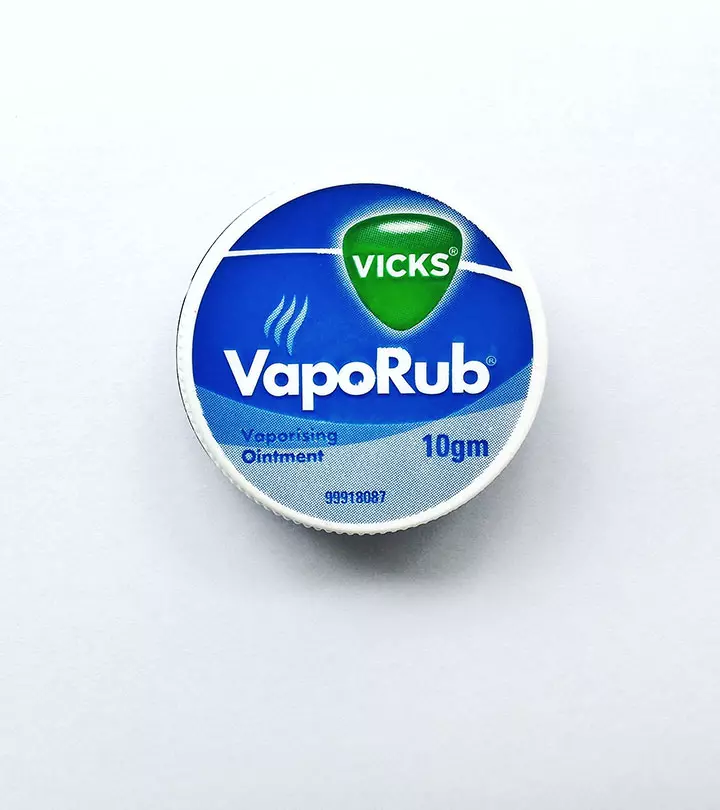
Image: Shutterstock
Vick’s VapoRub is a well-known product that is used topically to treat a cough. But, many people have started using Vicks VapoRub for acne treatment.
VapoRub is a therapeutic ointment that is most commonly used to treat discomfort in the chest. Thanks to the essential oils and carefully selected components in it, it is a highly effective product. But it is now developing a name for itself when it comes to treating other problems, such as acne. Although Vicks has been heralded as the next at-home spot treatment for acne, does it really work? To learn more, read this article.
 Trivia
TriviaIn This Article
Does Vicks VapoRub Help Treat Acne And Spots?
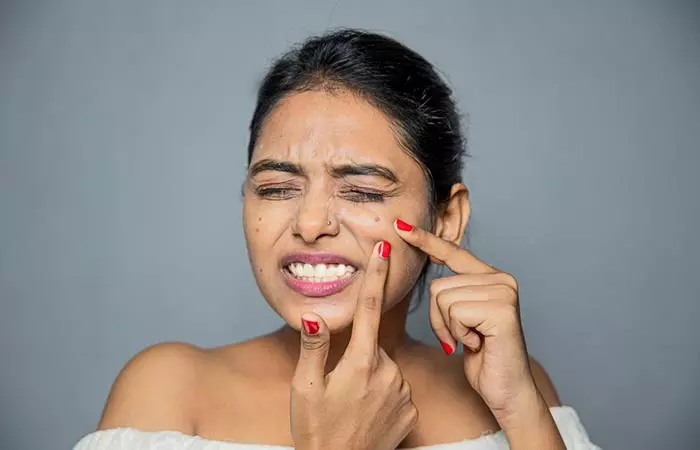
Using Vicks VapoRub for acne might not be unheard of. But acne treatment is not among its primary uses. There is no scientific evidence to back any of the claims.
One of the ingredients of Vicks Vaporub, eucalyptus oil, helps treat various skin issues like abscesses, fungal infections, boils, and burns (1), (2). This has made many believe the product can treat acne as well.
A blogger shared how Vicks VapoRub not only improves colds and aches but also helps reduce the inflammation caused by acne. She writes, “I apply it overnight on my swollen zits or pimples, and the next day, it’s less swollen. It may seem tedious, but the less swollen and red, the less it’s noticeable (i).”
However, the other ingredients in Vicks, like petroleum jelly, can have adverse effects on acne. While this has been overlooked, there are a few more ingredients in Vicks that are potentially beneficial for the skin.
Key Takeaways
- Vicks Vaporub is being touted as a great home remedy for acne, but there is no scientific evidence to back such claims.
- Camphor, menthol, essential oil of eucalyptus, and petrolatum, out of which only eucalyptus oil with its antimicrobial properties may help with acne but contrarily, petrolatum can make it worse by clogging pores.
- Salicylic acid and retinol are studied as effective treatments for acne and are better alternatives.
Why Vicks VapoRub Is Thought To Treat Acne
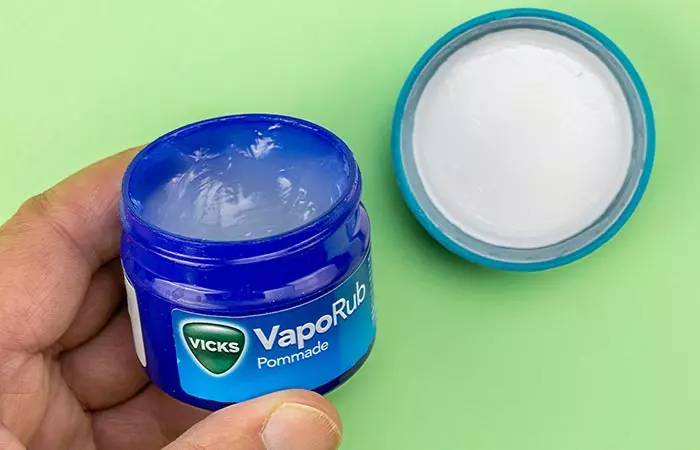
People use Vicks VapoRub for its many other benefits it helps relieve chest congestion, may relieve cough and cold, and helps heal general respiratory infections (3).
Proponents of Vicks as a treatment for acne suggest that applying generous amounts of the product on the face and letting it rest overnight can help reduce acne by the next morning. Others believe Vicks can be used as a substitute for regular face creams and must be applied daily in small amounts.
Following are the ingredients in Vicks that could have led people to propagate its purported anti-acne effects.
- Camphor: Camphor is an Ayurvedic ingredient often touted for its healing qualities in traditional Indian medicine. According to the International Journal of Science and Research, one can use camphor as an aphrodisiac, digestive aid, and to relieve sore and cramped muscles (the purpose Vicks VapoRub uses it for). While it may help treat acne when mixed with coconut or olive oils, the camphor in Vicks not meant to treat the skin condition (4).
- Eucalyptus Oil: Some studies have shown that you may use eucalyptus essential oil for acne, owing to anti-inflammatory and antibacterial properties (5). The study focused on eucalyptus leaf oil, which contains gamma-terpinene and alpha-pinene and showed strong effects against acne-causing bacteria. A cream with 2% eucalyptus oil was developed, showing stable and effective results similar to a commercial acne gel. However, more research is warranted to further understand the anti-acne properties of the oil. Anecdotal evidence suggests that eucalyptus oil may also irritate the skin.
- Menthol: Menthol is known for its cleansing properties. It is also helpful for treating gastrointestinal and respiratory issues and strengthening the immune system. There is scientific evidence backing the efficacy of menthol in wound healing and treating various issues like fever, cold, etc. (6). However, no research suggests that it can help treat acne.
- Petrolatum: Petrolatum, or petroleum jelly, is among the more popular home remedies for acne and other skin issues. People have successfully used it to revitalize their nails, strengthen their hair, and even take care of dry and chapped lips. While it is a convenient item to have around, the American Academy of Dermatology warns against using it for acne (7). It can clog pores and give you the illusion of glowing skin but it can eventually make your skin break out.
Anna Misztela, a licensed esthetician, also warns against using it for acne. She says, “Vicks VapoRub is sometimes used as a DIY remedy for acne due to its ingredients like menthol, eucalyptus oil, and camphor, which have antibacterial and anti-inflammatory properties. However, its effectiveness is anecdotal and not supported by dermatological studies. It may help reduce inflammation and redness temporarily but can clog pores and irritate sensitive skin due to the presence of petroleum jelly and strong fragrance components.”
 Quick Tip
Quick TipHowever, using Vicks VapoRub for acne has certain drawbacks. We have listed them below.
The Drawbacks Of Vicks VapoRub
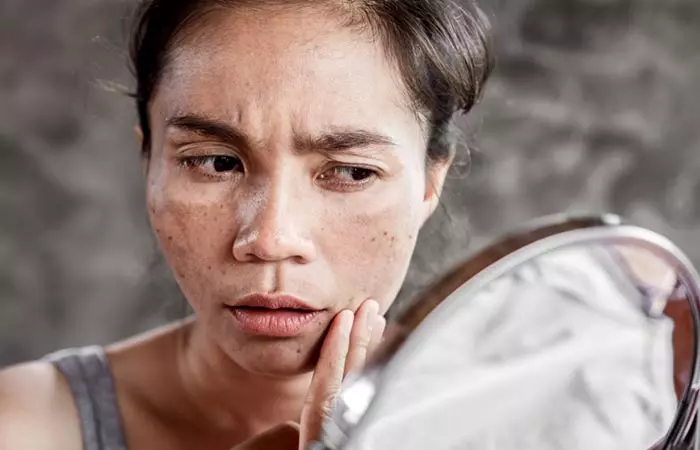
- May Clog Pores: Anyone who puts Vicks VapoRub on the face can expect clogged pores. The process is called “slugging” and involves coating Vicks on acne and the entire face. This process can leave you with clogged pores and lead to further breakouts. You would need to add a double pore cleansing practice to your regular regimen to manage it.
- Could Be Dangerous For Toddlers: Rubbing Vicks on your babies’ chest or under their nostrils is not recommended. The product can cause inflammation and can also lead to long-term respiratory issues. Using Vicks is not recommended for anyone under two years of age.
- May Irritate Broken Skin: Applying Vicks Vaporub on broken skin does not heal it as most think. It can instead cause irritation and inflammation. Diane Howard, a Certified Cosmetic Nurse, does not recommend using Vicka for acne. She says, “As an aesthetic nurse, I always tell my clients to be careful with DIY acne remedies. Vicks Vaporub might sound like a quick fix, but it’s not something I’d recommend. The ingredients can be way too harsh for sensitive or acne-prone skin, and you could end up with irritation or dryness that irritates or damages skin.”
Therefore, people belonging to the following groups are better off avoiding Vicks for acne:
- Those with sensitive or acne-prone skin
- Parents of young children or babies
- Children under two years of age
- Those with compromised or irritated skin
- Those with allergies to the ingredients present in Vicks VapoRub
Using Vicks VapoRub for acne is not a traditional or widely recommended treatment. While some people may report positive results, there are potential side effects, such as skin irritation or allergic reactions. Vicks contains ingredients like menthol and camphor that may not be suitable for everyone, especially those with sensitive skin (8), (9). Before trying this method, it is important to consult a healthcare professional or dermatologist to ensure it is safe for you. Always follow professional advice and consider any personal skin conditions you may have. Misztela also suggests following certain precautions while using it for acne. She suggests applying the product to small, targeted areas, conducting a patch test, and avoiding use on broken or sensitive skin. She adds, “Consult a dermatologist for persistent acne instead of relying solely on home remedies.”
Other Scientifically Proven Alternatives For Treating Acne
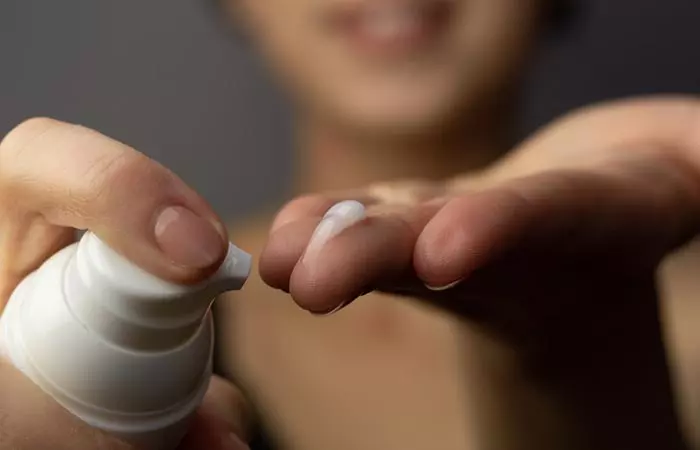
Alternatives like isotretinoin and azelaic acid may help treat acne (10). Salicylic acid acts as a great peeling agent and relieves acne troubles (11).
Retinol, which is a keratolytic agent, exfoliates the skin by dissolving the outermost dead layers. This helps improve skin texture and appearance. Studies show retinol also boosts processes like lipid metabolism, oxidative stress response, cell growth, and blood vessel formation, contributing to healthier and more youthful skin (12). It is one of the best solutions for acne.
 Quick Tip
Quick TipIt is recommended that you start using these products under the supervision of a dermatologist. Start small and gradually increase the usage frequency.
Infographic: Can Vicks Vaporub Help You Get Rid Of Acne?
Anyone at any age can experience the embarrassment and discomfort of acne. If you have searched the internet for a home remedy, you may have run into folks who swear by Vicks Vaporub for treating acne. But does it work? Check out the infographic below to find out.
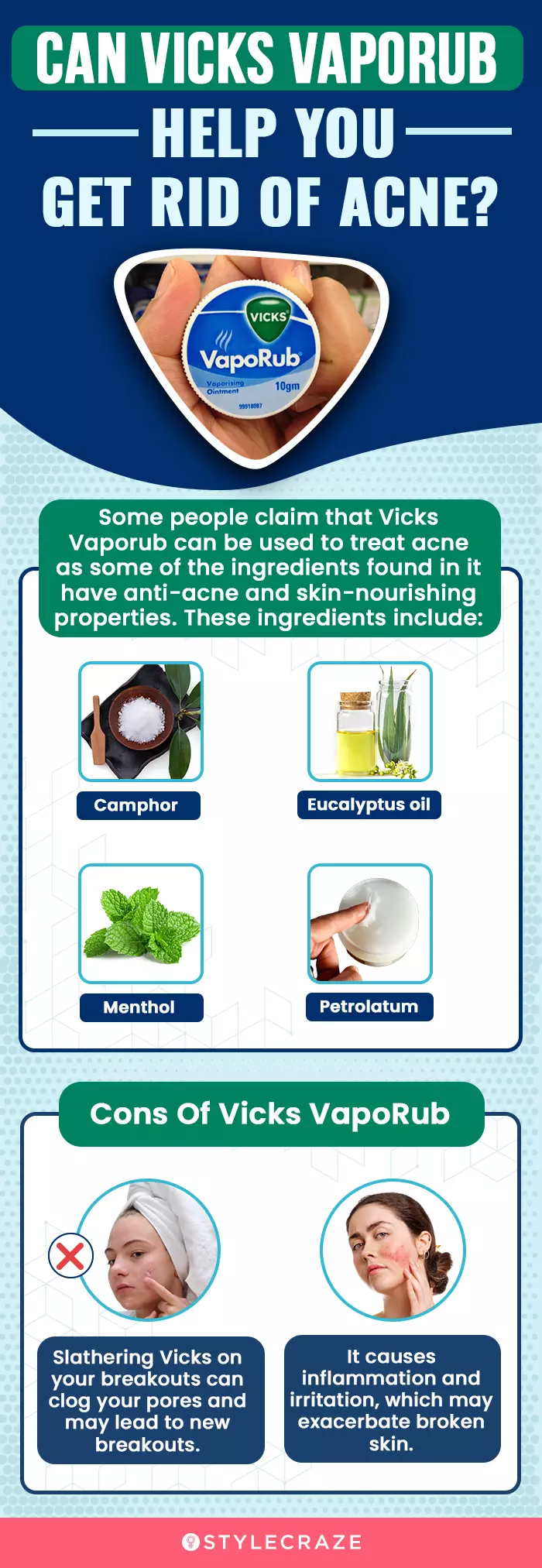
Illustration: StyleCraze Design Team
Vicks VapoRub is a topical ointment containing medicinal vapors that are inhaled to treat coughs and nasal congestion. While some people use Vicks VapoRub for acne, it is not effective for treating acne or pimples. There is no scientific proof to back up the claims, and the other ingredients in the ointment may cause skin problems and irritate acne lesions. For safe and effective results, consult a dermatologist who can provide a treatment plan tailored to your skin’s type and needs.
Instead of using home remedies and Vicks VapoRub for acne, consult a dermatologist to understand the causes of acne and follow the prescribed treatment.
Frequently Asked Questions
Where can I get Vicks VapoRub?
You can order Vicks VapoRub online or even purchase it from your nearest drugstore. It is also reasonably priced.
What are the other home remedies for acne?
Honey and lemon, tea tree oil, or apple cider vinegar are often considered effective home remedies for treating acne. However, it always is better to consult a doctor to understand the right mode of usage.
Is Vicks Vaporub safe for all skin types when used to treat acne?
Vicks Vaporub is not recommended for use on oily skin as its viscous formula may clog your pores and increase the chances of acne. It is also not recommended for sensitive skin and may cause irritation as per anecdotal evidence.
How long does it take for Vicks Vaporub to work against acne?
Vicks Vaporub is not a scientifically proven treatment for acne. Hence, it is not possible to determine its efficacy as a topical anti-acne treatment.
Can Vicks Vaporub be used in combination with other treatments for acne?
There is no research based on the use of Vicks Vaporub as an acne treatment. Hence, it is advisable that you consult a dermatologist before combining it with other treatments for acne.
How can the effectiveness of Vicks Vaporub for acne be increased?
While the use of Vicks Vaporub for acne is not proven, using non-comedogenic skin care products and topical acne treatments along with Vicks may help your acne heal faster.
Can Vicks Vaporub interact with other acne treatments, such as topical creams or oral medications?
Vicks is less likely to interfere with oral acne medications. However, consult your doctor if you are using it along with topical acne treatments.
Learn how to use Vicks Vaporub to reduce pimples, acne scars, and facial redness with this informative video. Check it out to get tips on how to apply it for the best results!
Personal Experience: Source
StyleCraze's articles are interwoven with authentic personal narratives that provide depth and resonance to our content. Below are the sources of the personal accounts referenced in this article.
i. Vick’s VapoRubhttps://jahkbeauty.blogspot.com/2015/05/vicks-vaporub.html
References
Articles on StyleCraze are backed by verified information from peer-reviewed and academic research papers, reputed organizations, research institutions, and medical associations to ensure accuracy and relevance. Read our editorial policy to learn more.
- LABEL: VICKS VAPORUB (camphor- synthetic, eucalyptus oil, and menthol ointment,
https://dailymed.nlm.nih.gov/dailymed/drugInfo.cfm?setid=e69a7c9b-fd04-4109-a7c8-6edfd83855fc - Commercial Essential Oils as Potential Antimicrobials to Treat Skin Diseases,
https://www.ncbi.nlm.nih.gov/pmc/articles/PMC5435909/ - Vicks VapoRub induces mucin secretion, decreases ciliary beat frequency, and increases tracheal mucus transport in the ferret trachea,
https://pubmed.ncbi.nlm.nih.gov/19136404/ - Therapeutic and Medicinal Uses of Karpura-A Review-,
https://www.ijsr.net/archive/v6i4/10041710.pdf - “The Development of Anti-Acne Products from Eucalyptus globulus and Psidium Guajava Oil.”,
https://www.researchgate.net/publication/242623719_The_development_of_anti-acne_products_from_Eucalyptus_globulus_and_Psidium_Guajava_oil - “Pharmacological and Therapeutic Effects of Mentha Longifolia L. and its main constituent, Menthol.”,
https://www.ncbi.nlm.nih.gov/pmc/articles/PMC4171855/ - “5 Ways To Use Petroleum Jelly For Skin Care.”,
https://www.aad.org/public/everyday-care/skin-care-secrets/routine/petroleum-jelly - Allergic reaction to mint leads to asthma
https://pmc.ncbi.nlm.nih.gov/articles/PMC3390130/ - [Contact dermatitis by camphor present in a flushing solution]
https://pubmed.ncbi.nlm.nih.gov/17555677/ - A Review of Diagnosis and Treatment of Acne in Adult Female Patients,
https://www.ncbi.nlm.nih.gov/pmc/articles/PMC5986265/ - Salicylic acid as a peeling agent: a comprehensive review,
https://www.ncbi.nlm.nih.gov/pmc/articles/PMC4554394/ - Triple nanoemulsion potentiates the effects of topical treatments with microencapsulated retinol and modulates biological processes related to skin aging,
https://www.ncbi.nlm.nih.gov/pmc/articles/PMC3900344/
Read full bio of Dr. CP Thajudheen
- Anna is a licensed esthetician and the founder and owner of Beauty and Cutie®, a skin care brand from New York. Her interest in nutrition analysis and beauty propelled her to obtain a certification in Nutrition Science from the Stanford Center for Health Education. She later went on to develop and successfully market her product to improve the health of one's hair, skin, and nails. Anna’s holistic approach to safe, non–toxic yet effective products along with her understanding of ingredients give her the ability to educate women all around the world about the importance of clean beauty. She has been featured as a special guest in mzines, articles, podcasts, and multiple radio shows.
 Anna is a licensed esthetician and the founder and owner of Beauty and Cutie®, a skin care brand from New York. Her interest in nutrition analysis and beauty propelled her to obtain a certification in Nutrition Science from the Stanford Center for Health Education. She later went on to develop and successfully market her product to improve the health of one's hair, skin, and nails. Anna’s holistic approach to safe, non–toxic yet effective products along with her understanding of ingredients give her the ability to educate women all around the world about the importance of clean beauty. She has been featured as a special guest in mzines, articles, podcasts, and multiple radio shows.
Anna is a licensed esthetician and the founder and owner of Beauty and Cutie®, a skin care brand from New York. Her interest in nutrition analysis and beauty propelled her to obtain a certification in Nutrition Science from the Stanford Center for Health Education. She later went on to develop and successfully market her product to improve the health of one's hair, skin, and nails. Anna’s holistic approach to safe, non–toxic yet effective products along with her understanding of ingredients give her the ability to educate women all around the world about the importance of clean beauty. She has been featured as a special guest in mzines, articles, podcasts, and multiple radio shows. - Diane Howard, RN, is a certified cosmetic nurse from the Gateway Community College and the founder of Esthetic Finesse. She has received extensive training under esteemed physicians and nurses in the valley. After recognizing that esthetic medicine demands a creative mastery akin to that found in other art forms, Diane established Esthetic Finesse to showcase her exclusive brand of beauty services.Diane is committed to enhancing the natural beauty of her clients and believes in the "less is more" philosophy. She stays up-to-date with the latest products, techniques, and services to deliver the best experience to her clients. It brings her great satisfaction to witness her clients fall in love with their newfound looks.
 Diane Howard, RN, is a certified cosmetic nurse from the Gateway Community College and the founder of Esthetic Finesse. She has received extensive training under esteemed physicians and nurses in the valley. After recognizing that esthetic medicine demands a creative mastery akin to that found in other art forms, Diane established Esthetic Finesse to showcase her exclusive brand of beauty services.Diane is committed to enhancing the natural beauty of her clients and believes in the "less is more" philosophy. She stays up-to-date with the latest products, techniques, and services to deliver the best experience to her clients. It brings her great satisfaction to witness her clients fall in love with their newfound looks.
Diane Howard, RN, is a certified cosmetic nurse from the Gateway Community College and the founder of Esthetic Finesse. She has received extensive training under esteemed physicians and nurses in the valley. After recognizing that esthetic medicine demands a creative mastery akin to that found in other art forms, Diane established Esthetic Finesse to showcase her exclusive brand of beauty services.Diane is committed to enhancing the natural beauty of her clients and believes in the "less is more" philosophy. She stays up-to-date with the latest products, techniques, and services to deliver the best experience to her clients. It brings her great satisfaction to witness her clients fall in love with their newfound looks.
Read full bio of Annie Jangam
Read full bio of Ramona Sinha
Read full bio of Swathi E







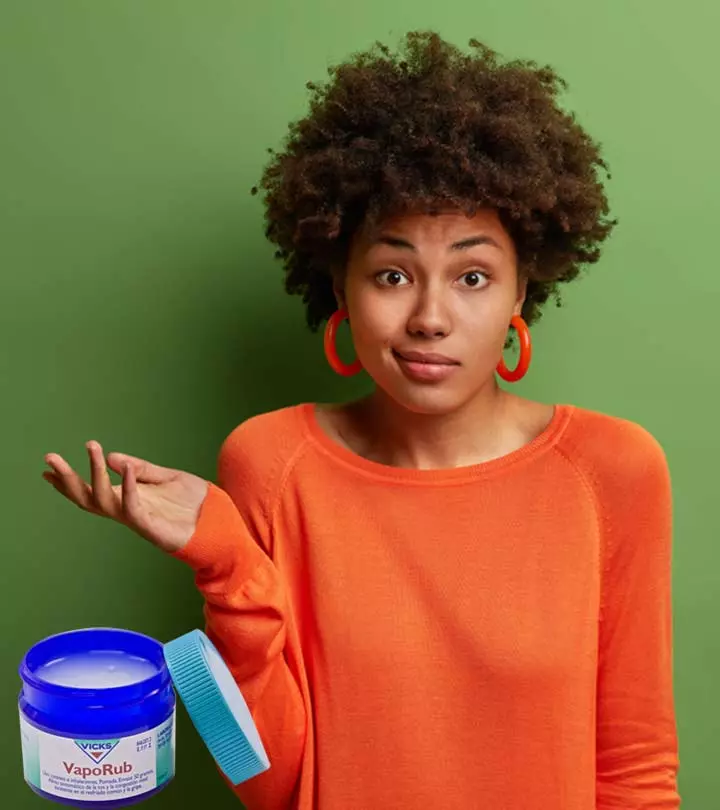
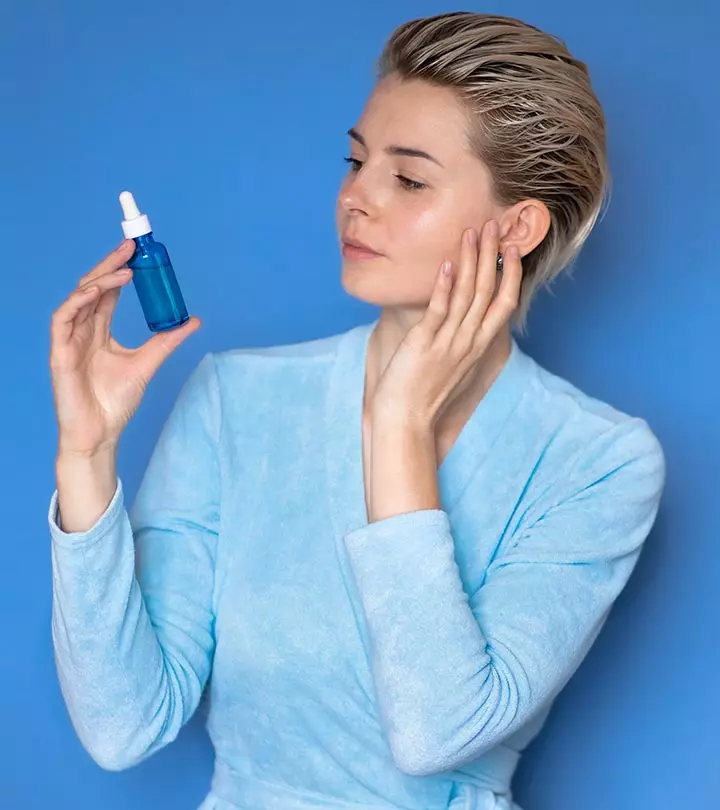
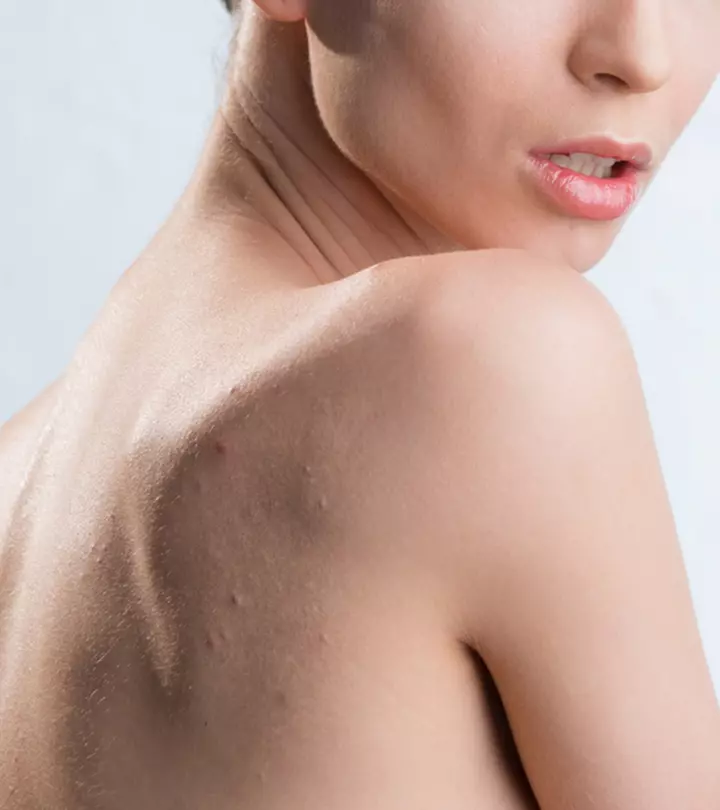
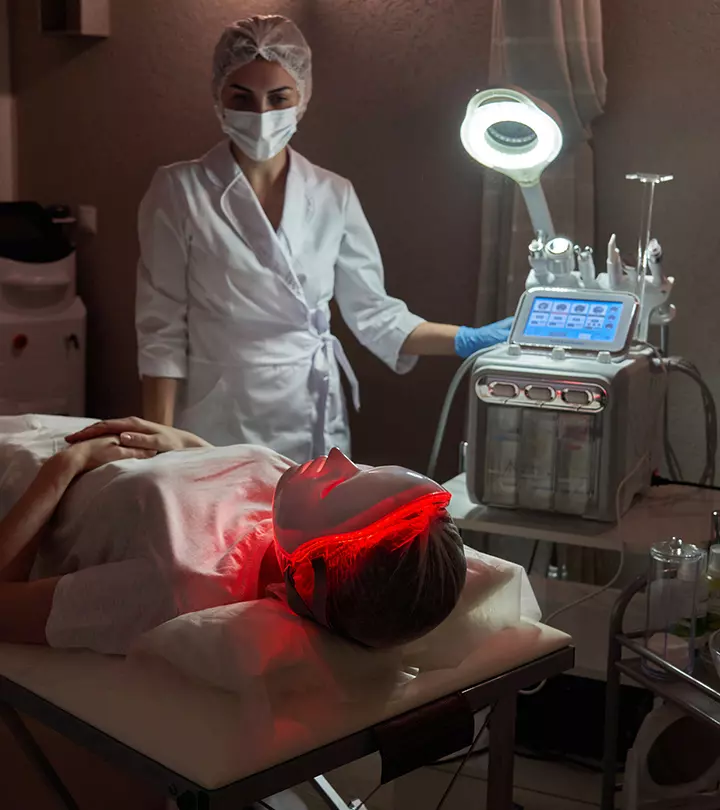
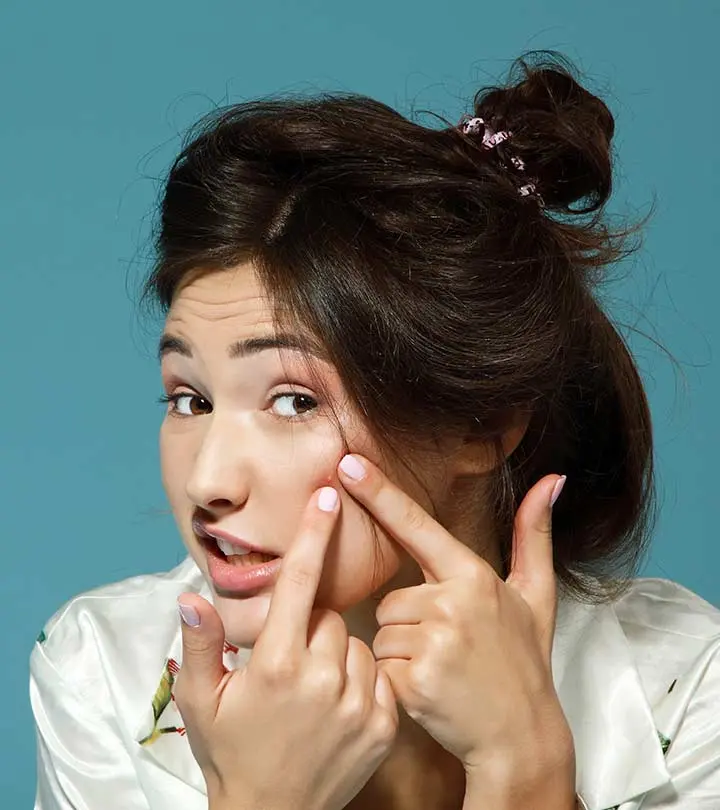
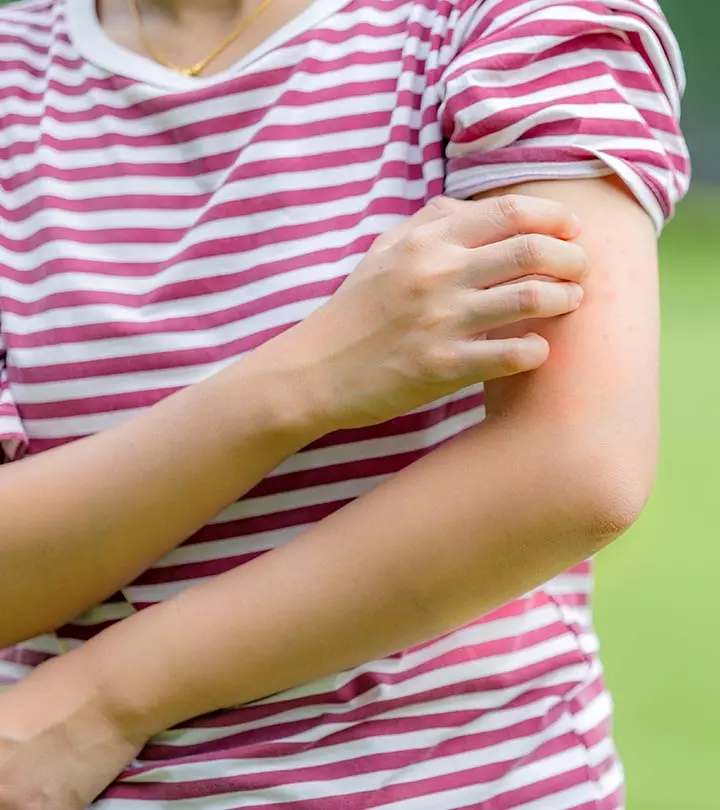
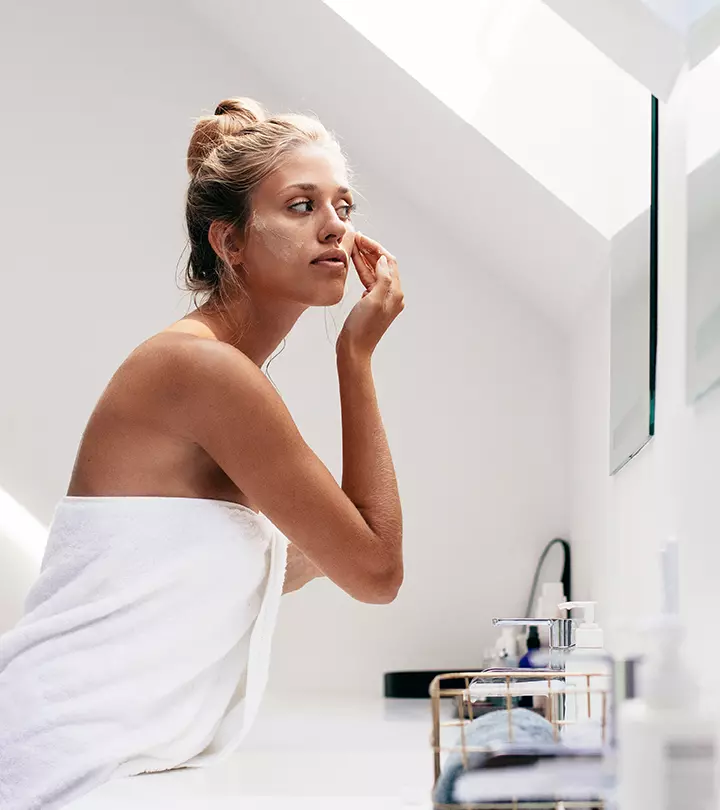
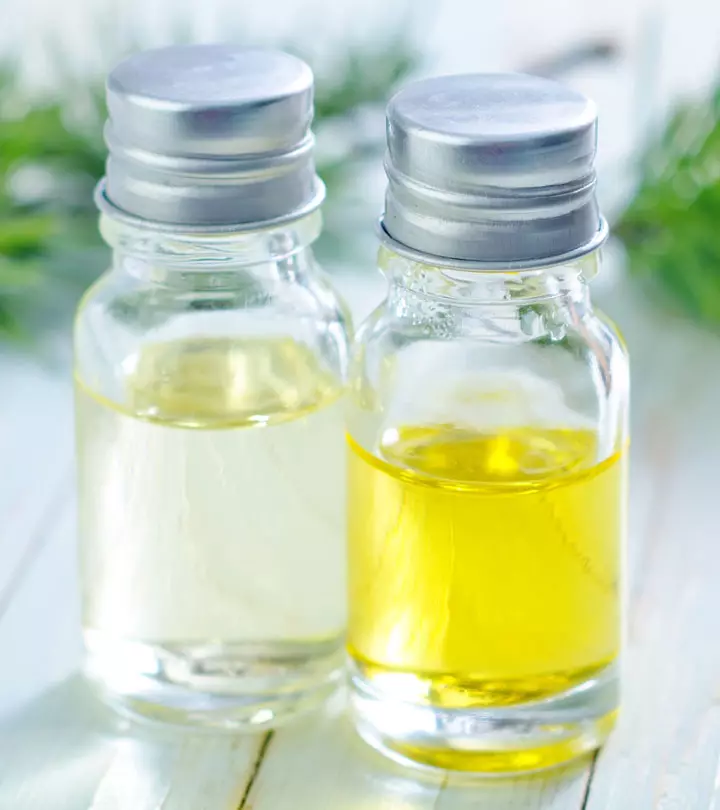
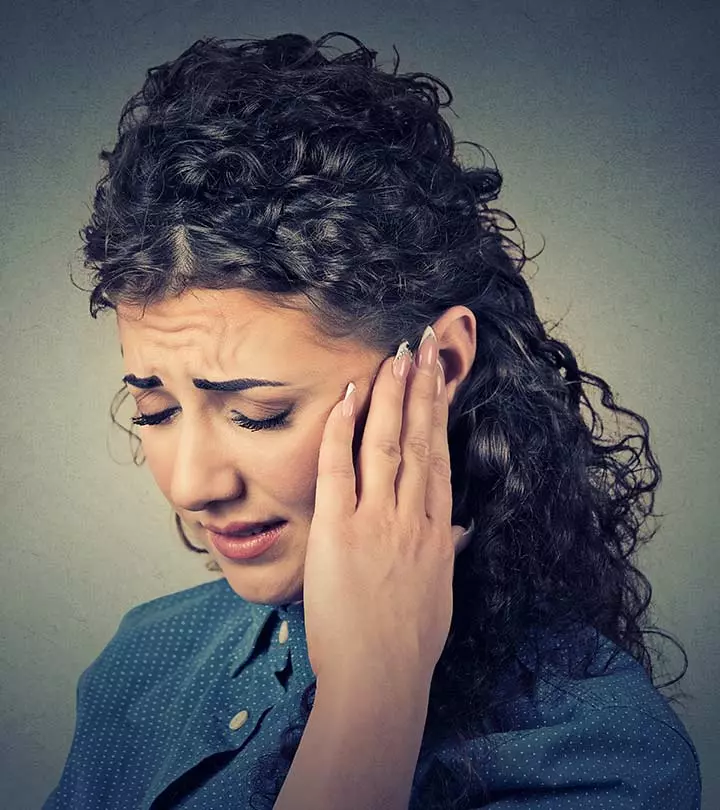
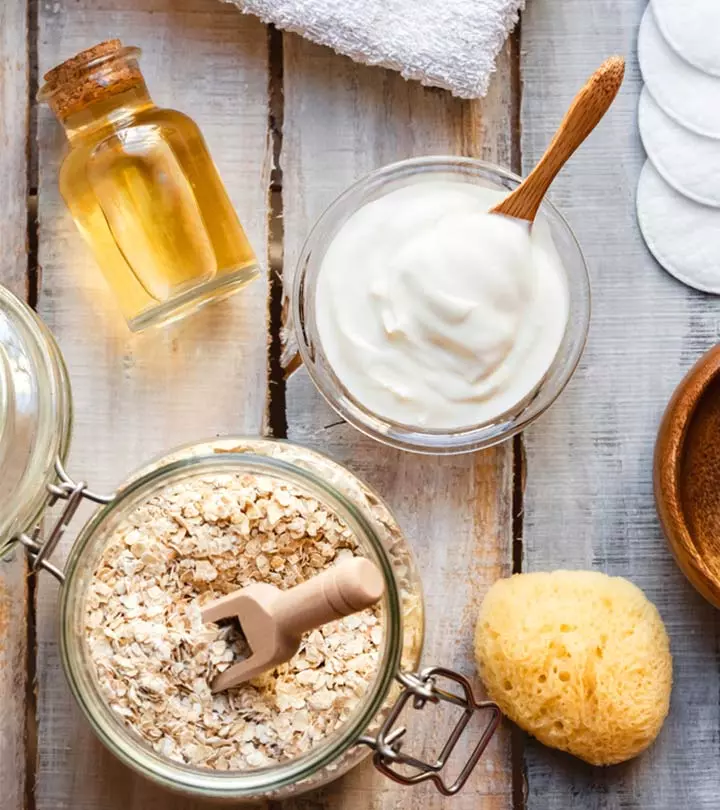
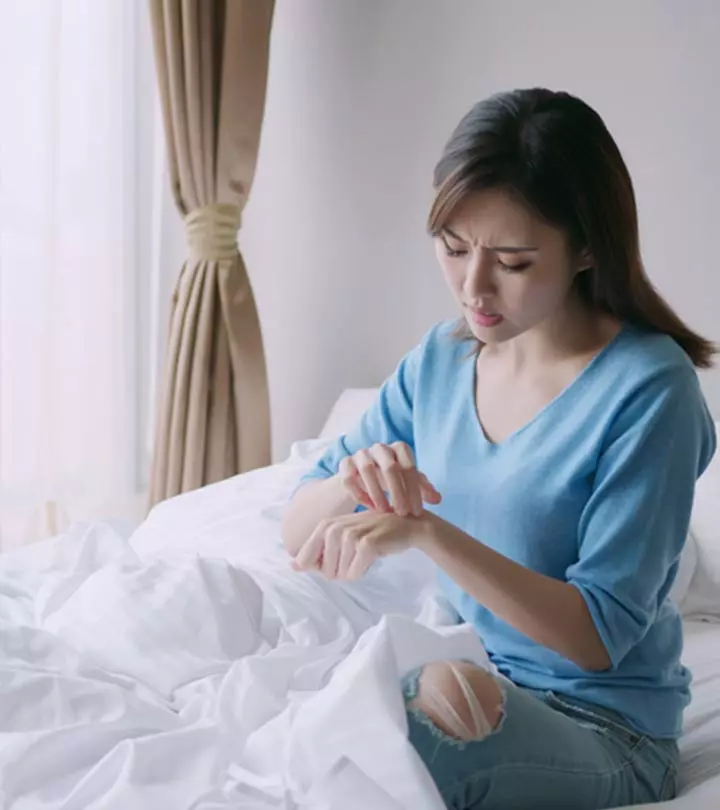
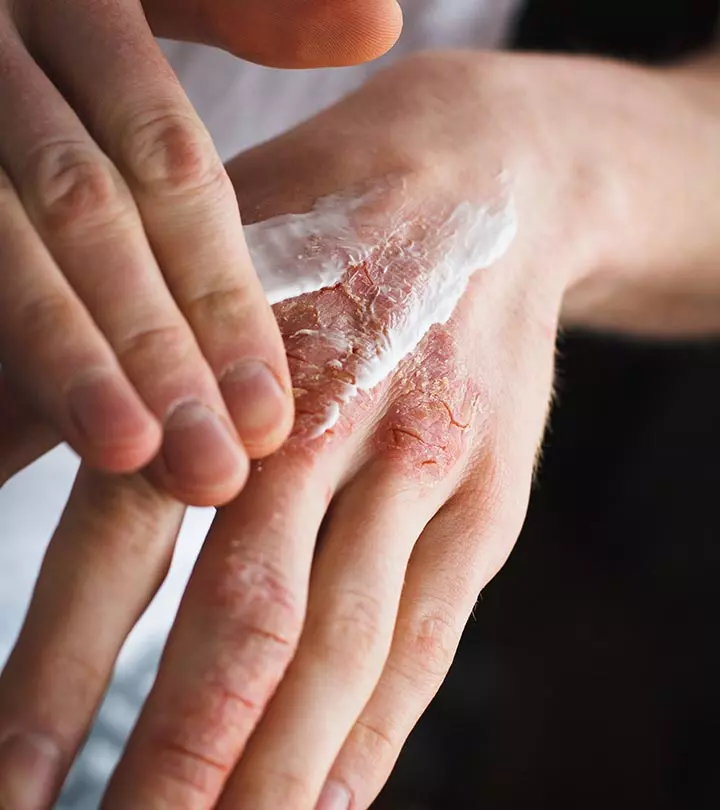
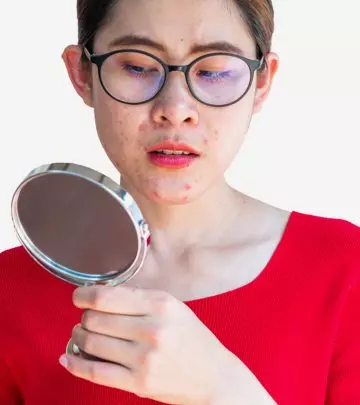
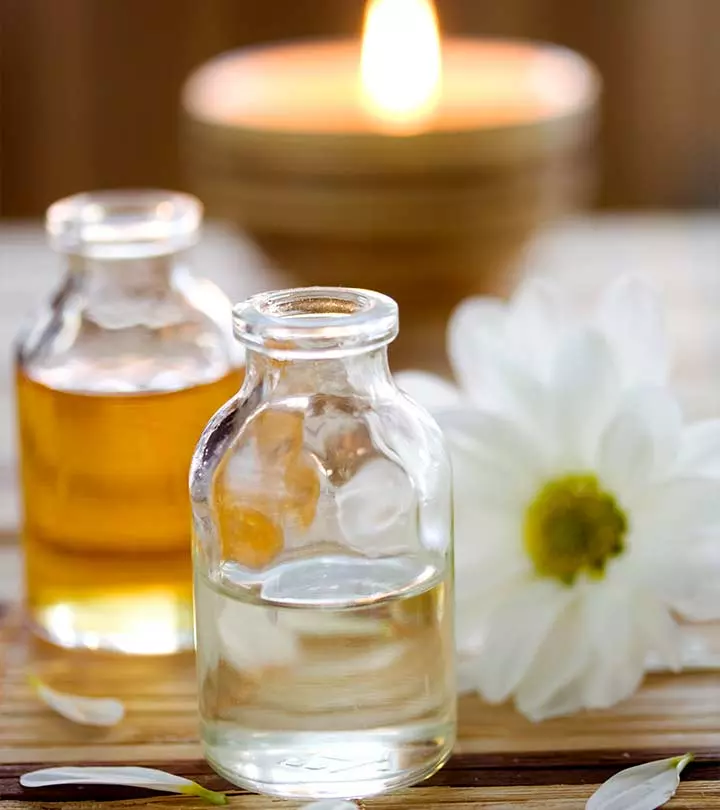
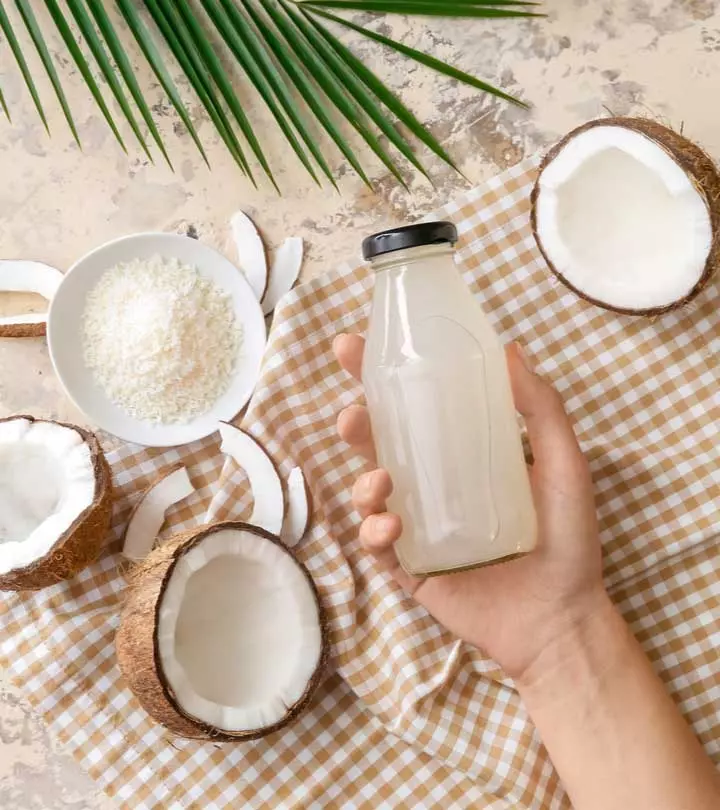
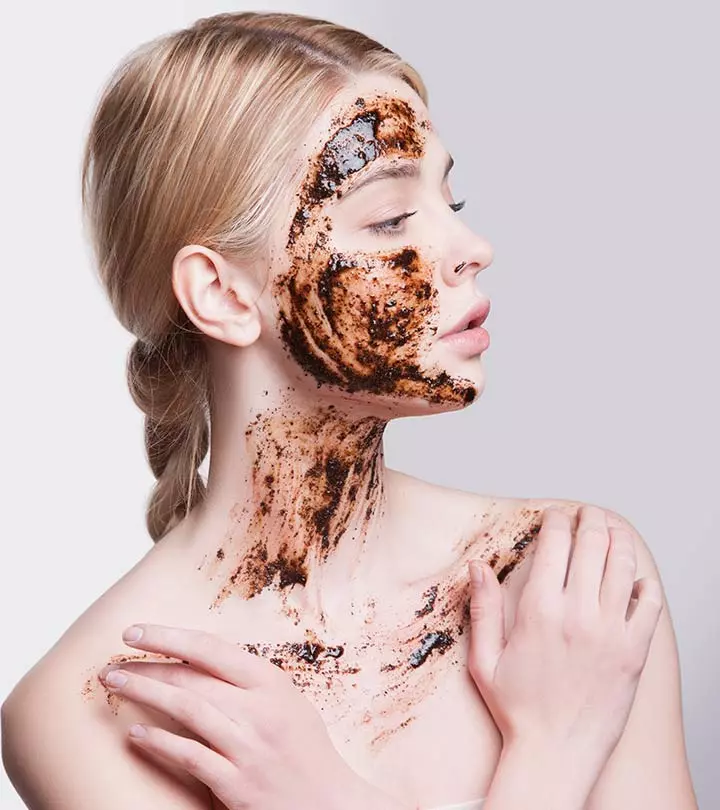

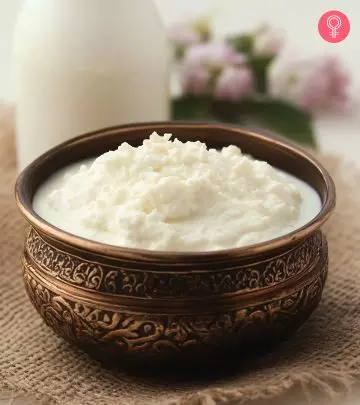
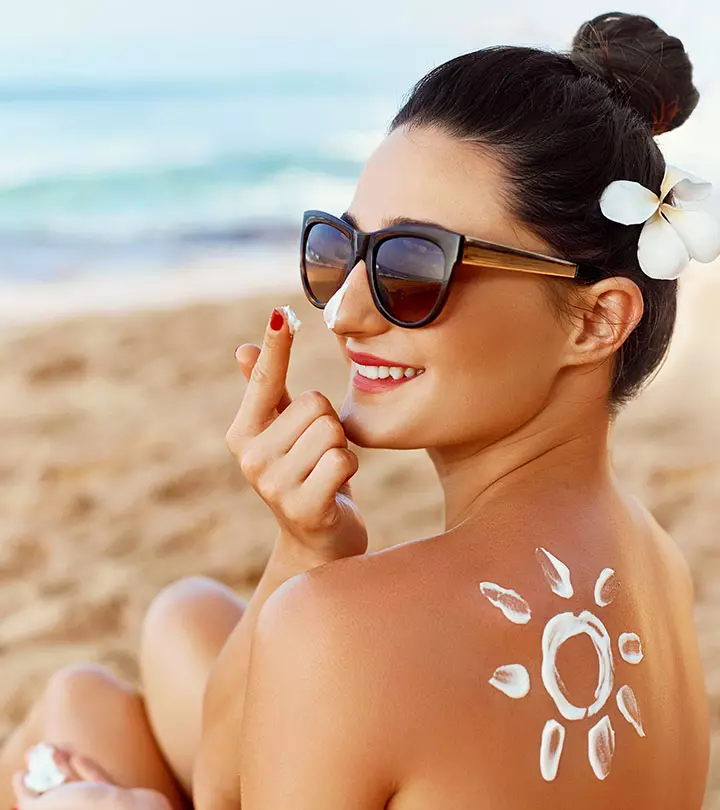
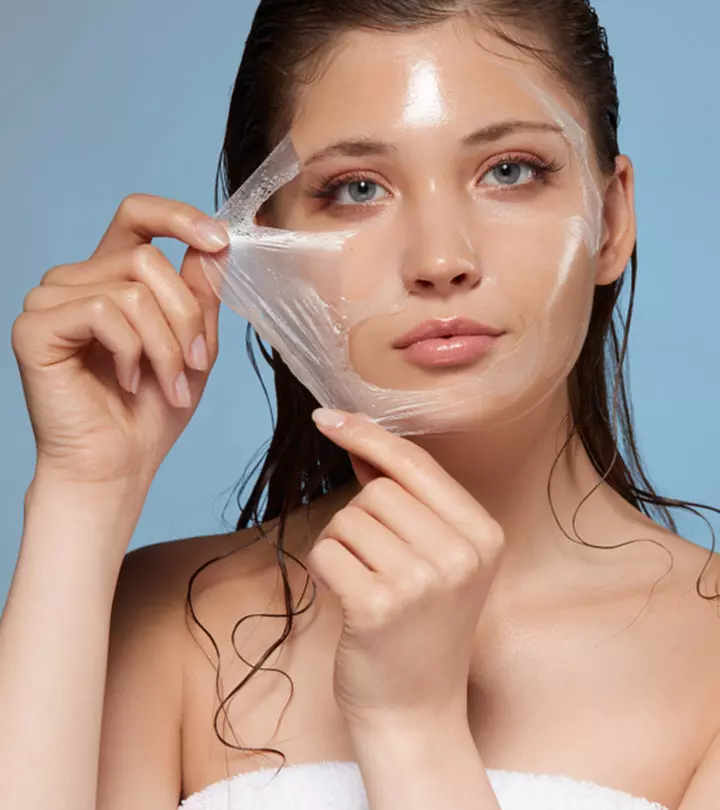
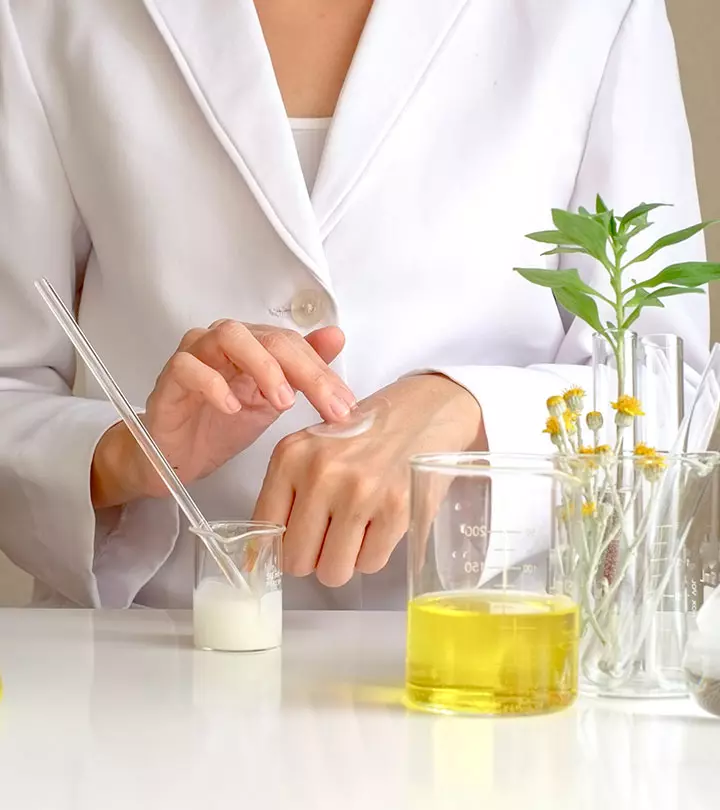
Community Experiences
Join the conversation and become a part of our empowering community! Share your stories, experiences, and insights to connect with other beauty, lifestyle, and health enthusiasts.